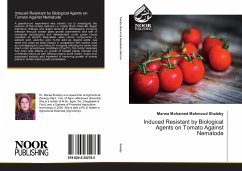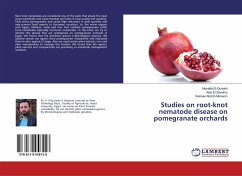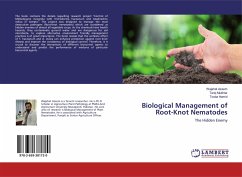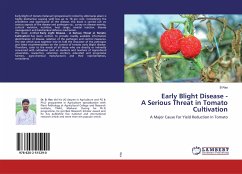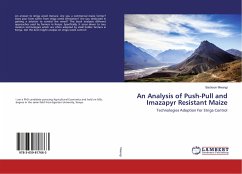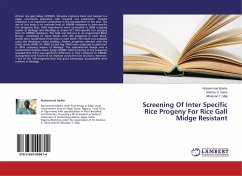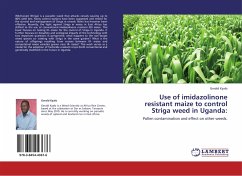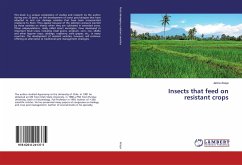A greenhouse experiment was carried out to investigate the reaction of five tomato cultivars i.e. Castle Rock, Peito-86, Super marmand, Edkawy and Super strain-B to Meloidogyne incognita infection through certain plant growth parameters; and rate of nematode reproduction and development under green house condition at 20±2ºC. Meanwhile, when certain components i.e. salicylic acid, ascorbic acid, humic acid as organic acids, sea weed and yeast as biotic factors in comparison with oxamyl used as root-dipping for controlling M. incognita infecting the same host plant under greenhouse conditions (25±2ºC), the tested materials had more less effects on growth of tomato plants infected and uninfected plants as well. Among organic acids tested, humic acid surpassed salicylic acid treatment in improving growth of tomato plants in certain plant growth parameters.
Bitte wählen Sie Ihr Anliegen aus.
Rechnungen
Retourenschein anfordern
Bestellstatus
Storno

